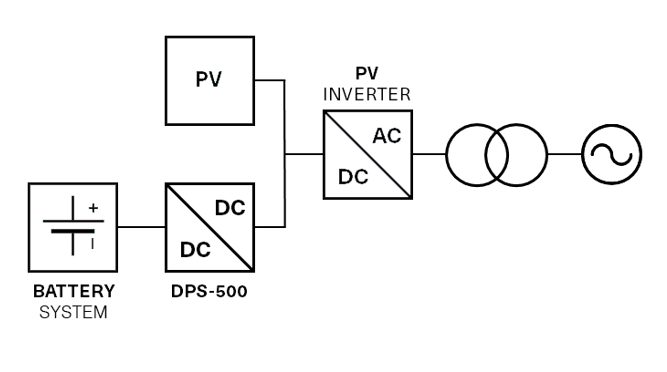
DC coupling is one of most compelling and future-proof technologies in the battery energy storage systems (BESS) industry today. But is it the most efficient?
The short answer is yes, DC coupling is significantly more efficient than traditional AC-coupled systems for utility-scale energy storage. Let’s break down exactly why this matters for your renewable energy projects.
The Efficiency Numbers Don’t Lie
In real-world applications, we’re seeing approximately 86.2% efficiency for AC-coupled systems compared to 89.2% efficiency for DC-coupled systems. That 3% difference might not sound like much, but when you’re talking about utility-scale installations, those percentage points translate to serious savings over the lifetime of your system.
Why the difference? It all comes down to conversions. AC-coupled systems have to undergo three power electronic conversions, one battery charge and discharge cycle, and three transformer conversions. That’s a lot of energy lost. DC-coupled systems streamline this process with three power electronic conversions, one battery charge and discharge, but only one transformer conversion.
Benefits of DC Coupling
Higher Round-Trip Efficiency
Round-trip efficiency—the amount of energy you get back compared to what you put in—is critical for any storage system. DC-coupled systems shine here because they reduce the number of energy conversions and their associated losses. Every time you convert from DC to AC and back again, you’re losing energy. DC coupling keeps things in the DC domain longer, preserving more of that precious energy.
Simplified System Design
Less complexity equals lower costs and fewer maintenance headaches. DC-coupled systems require fewer inverters and transformers compared to their AC-coupled counterparts. Fewer components mean lower capital costs, reduced maintenance requirements, and simpler system management.
Enhanced Scalability
Planning to expand your system down the road? DC coupling makes it easier. These systems can accommodate additional energy sources and storage capacity without requiring major overhauls to your existing infrastructure. That’s flexibility you can bank on.
Optimal Battery Charging
In DC-coupled systems, batteries can be charged directly from DC energy sources without additional converters. This direct connection minimizes losses and simplifies the charging process, ensuring your batteries get the most efficient charge possible.
Better Integration of Renewable Resources
Whether you’re working with solar panels or wind turbines, DC coupling enhances the integration of multiple energy sources into your BESS. This reduces system complexity while maximizing the effectiveness of your renewable energy generation.
Beyond Efficiency: New Revenue Systems
Here’s where DC coupling gets really exciting. Beyond the efficiency gains, these systems open up revenue opportunities that simply aren’t possible with AC-coupled configurations:
- Clipping Recapture: When your solar array generates more power than your inverter can handle, traditional systems lose that excess energy. DC-coupled systems can capture and store this “clipped” energy for later use.
- Low Voltage Harvesting: DC coupling allows you to harvest energy even when solar irradiance is low, extending your daily energy collection window.
- Grid Services: With bidirectional energy flow and advanced control systems, DC-coupled systems can provide valuable grid services like frequency regulation and voltage support— services that utilities are willing to pay for.
The Bottom Line
DC coupling isn’t just more efficient—it’s a game changer for renewables. The technology addresses augmentation challenges while providing a more efficient, flexible, and profitable approach to energy storage.
At Dynapower, we’ve been pioneering DC coupling technology for clean energy applications. Our DPS family of DC converters—available in 500kW building blocks—is designed to help you maximize both efficiency and profitability. When you’re looking at utility-scale storage configurations, those efficiency gains and new revenue streams add up quickly.
Learn more about our DC coupled energy storage solutions.
Ready to explore how DC coupling can improve your system’s efficiency and profitability? Contact Dynapower to learn more about our DC-coupled energy storage solutions.
DC-Coupled Solar + Storage configuration

Leave a Reply